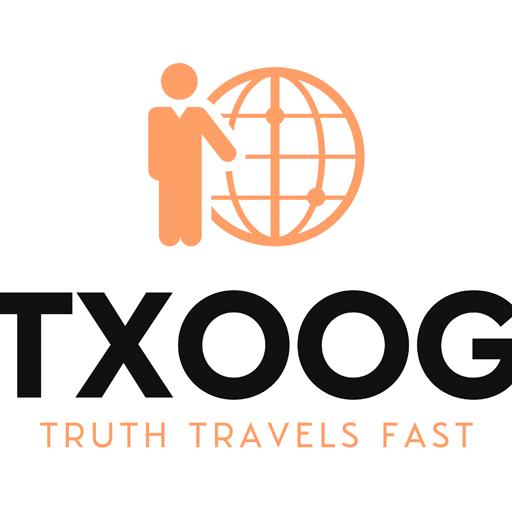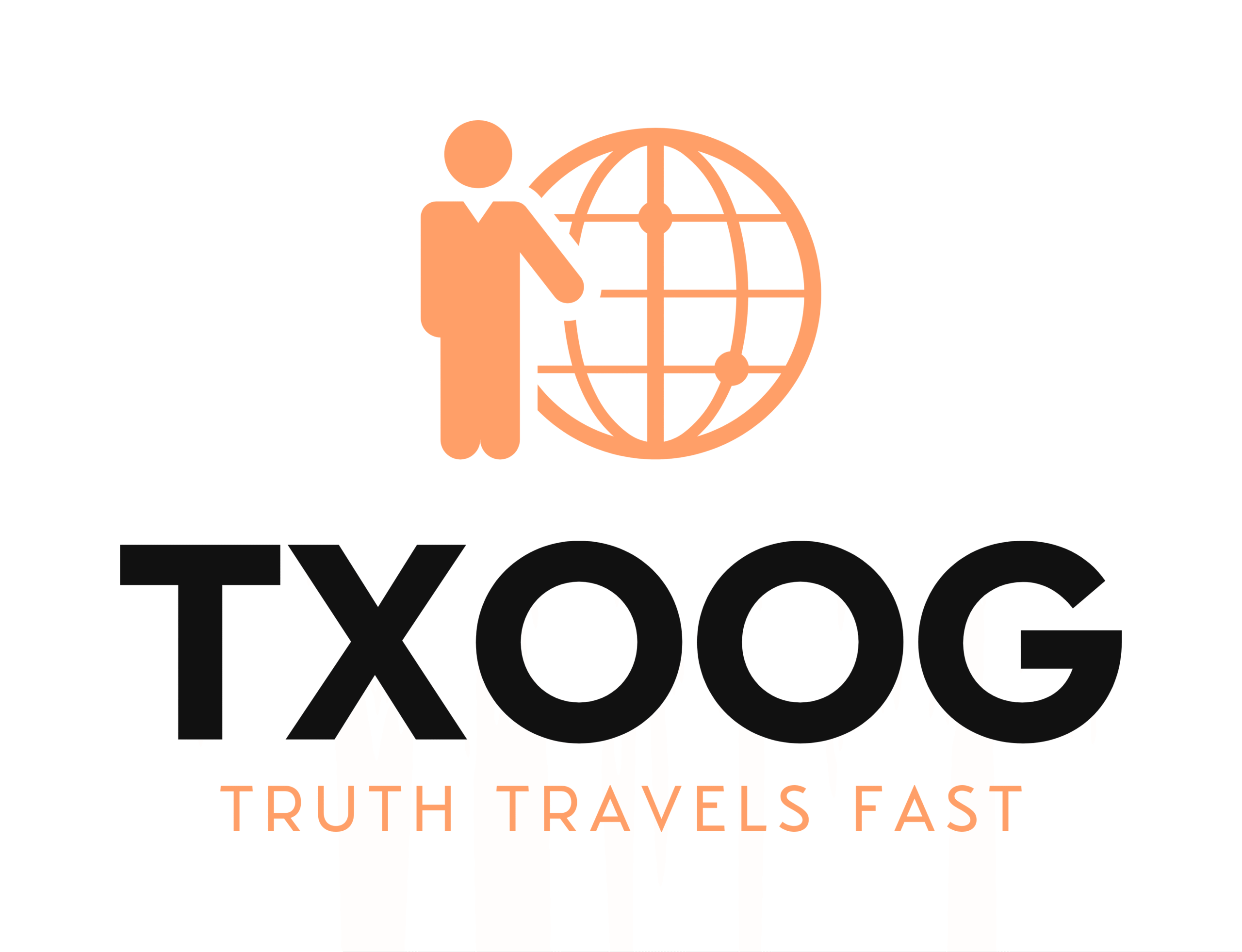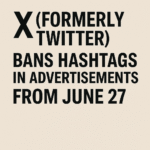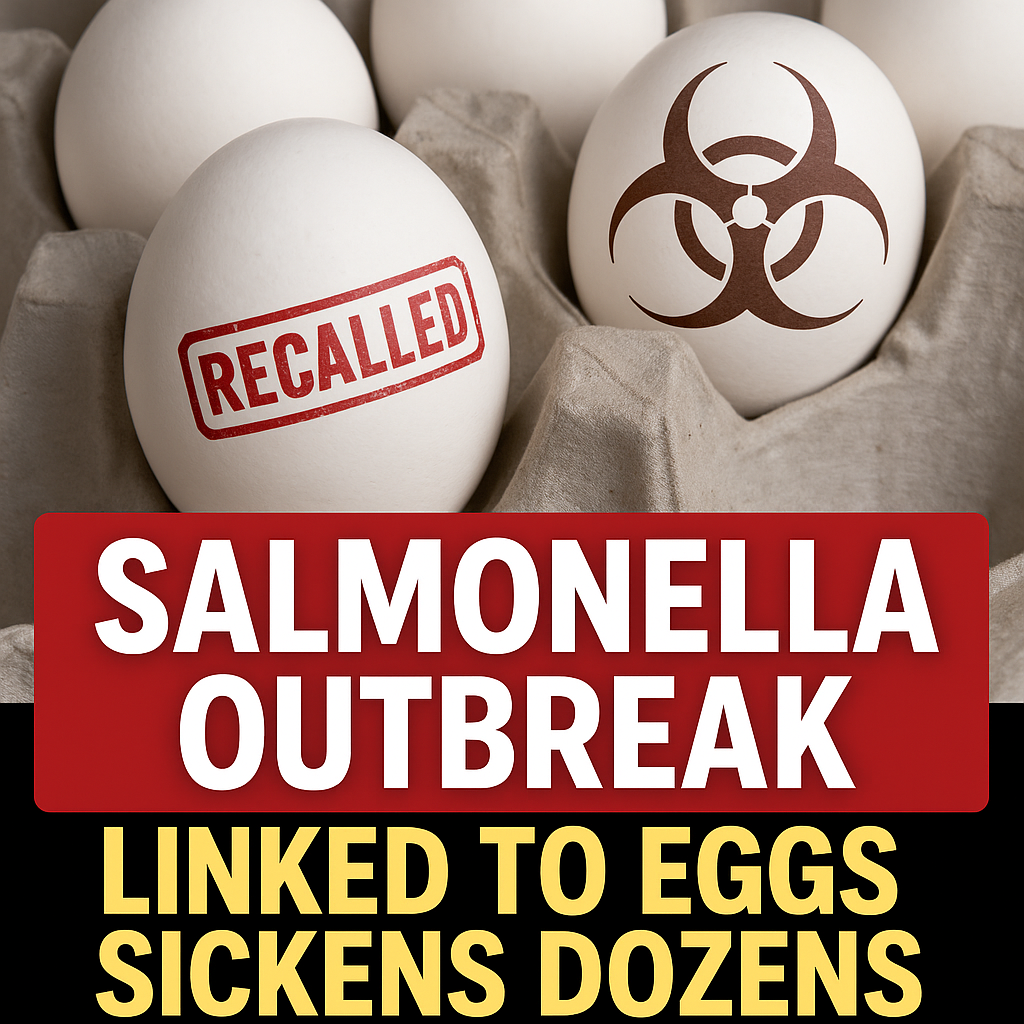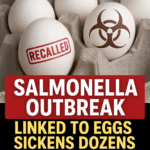Urgent Egg Recall Salmonella Outbreak 7 States Linked to Salmonella Outbreak – What You Need to Know
Egg Recall Salmonella Outbreak
A significant salmonella outbreak linked to eggs has triggered a large-scale recall, affecting consumers across multiple states. As of June 2025, 79 individuals have fallen ill, with 21 hospitalizations reported. This article provides a detailed overview of the outbreak, the recall, and essential guidance on salmonella prevention to help you stay safe.
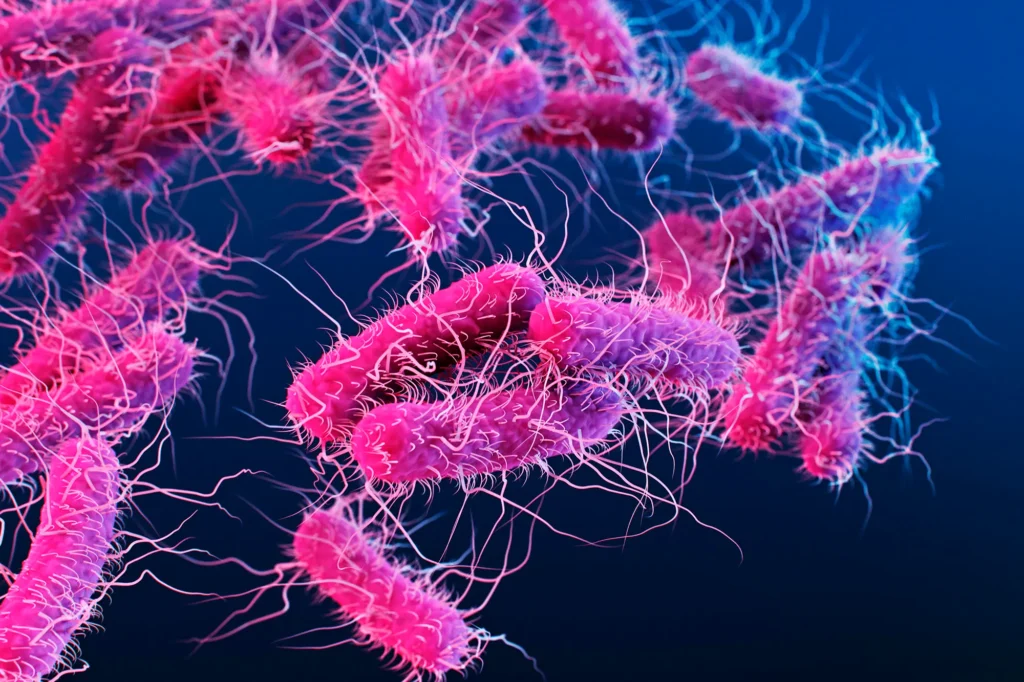
Details of the Outbreak
The Food and Drug Administration (FDA) reports that the outbreak, caused by Salmonella Enteritidis, has resulted in 79 confirmed cases across seven states: Arizona, California, Kentucky, Nebraska, New Jersey, Nevada, and Washington. The most recent illness was reported on May 17, 2025, and no deaths have been associated with this outbreak. The contaminated eggs have been traced to August Egg Company, based in Hilmar, California. The FDA’s ongoing investigation includes inspections and environmental sampling at the company’s facility, where two samples matched the outbreak strain through Whole Genome Sequencing.
| Outbreak Details | Information |
|---|---|
| Total Illnesses | 79 |
| Hospitalizations | 21 |
| Deaths | 0 |
| Last Illness Onset | May 17, 2025 |
| Affected States | AZ, CA, KY, NE, NJ, NV, WA |
| Outbreak Strain | Salmonella Enteritidis |
| Supplier | August Egg Company, Hilmar, CA |
Recall Information
On June 6, 2025, August Egg Company initiated a recall of approximately 1.7 million dozen eggs, specifically brown cage-free and brown certified organic eggs. These eggs bear plant codes P-6562 or CA5330 and Julian dates ranging from 32 to 126. They were distributed to retailers in Arizona, California, Illinois, Indiana, Nebraska, New Mexico, Nevada, Washington, and Wyoming between February 3 and May 15, 2025, with sell-by dates from March 4 to June 19, 2025.
Affected retailers include Save Mart, FoodMaxx, Lucky, Smart & Final, Safeway, Raley’s, Food 4 Less, Ralphs, and Walmart. Consumers should check their egg cartons for the specified plant codes and Julian dates. If you have purchased these products, do not consume them. Discard them safely or return them to the place of purchase for a refund. A complete list of recalled products, including UPC codes, is available on the FDA’s recall announcement page at Recall Announcement.
| Recalled Product Details | Information |
|---|---|
| Product Types | Brown cage-free, brown certified organic eggs |
| Plant Codes | P-6562, CA5330 |
| Julian Dates | 32 to 126 |
| Distribution States | AZ, CA, IL, IN, NE, NM, NV, WA, WY |
| Quantity Recalled | 1.7 million dozen |
| Retailers | Save Mart, FoodMaxx, Lucky, Smart & Final, Safeway, Raley’s, Food 4 Less, Ralphs, Walmart |
Understanding Salmonella
Salmonella is a group of bacteria that causes salmonellosis, a gastrointestinal illness characterized by fever and abdominal discomfort. It is commonly transmitted through contaminated food, such as raw or undercooked eggs, poultry, and meat, or through contact with animals like poultry or reptiles. According to the FDA, symptoms typically appear 12 to 72 hours after exposure and include:
- Diarrhea
- Fever
- Abdominal cramps
- Headache
- Nausea
- Vomiting
Most people recover within 4 to 7 days without treatment, but severe cases may require hospitalization, particularly for vulnerable groups such as young children, the elderly, pregnant women, and those with weakened immune systems. In rare cases, salmonella can lead to serious complications, with approximately 450 deaths annually in the U.S. For more information, see the FDA’s salmonella page at Salmonella Info.
Prevention and Safety Tips
To minimize the risk of salmonella infection from eggs, follow these evidence-based guidelines:
- Cook Eggs Thoroughly: Ensure both the white and yolk are firm. Salmonella is killed instantly at 74°C (165°F).
- Avoid Raw Eggs: Do not consume raw or undercooked eggs in foods like homemade mayonnaise, cookie dough, or eggnog. Use pasteurized egg products for recipes requiring raw eggs.
- Practice Good Hygiene: Wash hands with soap and water for 20 seconds after handling eggs or raw egg products to prevent cross-contamination.
- Store Eggs Properly: Keep eggs refrigerated at 40°F or below to maintain quality and safety. Use a refrigerator thermometer to verify the temperature.
- Purchase Wisely: Buy eggs from refrigerated cases and inspect them for clean, uncracked shells. Avoid purchasing dirty or cracked eggs.
- Sanitize Surfaces: Clean and disinfect surfaces, cutting boards, and utensils that contact raw eggs using a solution of 1 tablespoon chlorine bleach per gallon of hot water.
For additional guidance, refer to the FDA’s egg safety recommendations at Egg Safety.
What to Do If You Are Affected
If you have consumed recalled eggs and experience symptoms such as diarrhea, fever, or abdominal cramps, seek medical attention promptly. Inform your healthcare provider about potential exposure to contaminated eggs. You can also report your illness to your local health department to aid in outbreak tracking. For reporting assistance, visit the FDA’s page at Report Illness.
Context of Previous Recalls
This is not the first egg-related salmonella outbreak. In late 2024, eggs sold at Costco were recalled due to salmonella concerns, with the FDA classifying the recall at the highest risk level, as noted in X posts from @ABC7 and @NewsWire_US. These incidents highlight the ongoing challenge of ensuring egg safety and the importance of consumer vigilance.
Conclusion
The June 2025 egg recall underscores the critical need for food safety awareness. By checking for recalled products, following safe handling practices, and staying informed through official channels like the FDA and CDC, consumers can protect themselves from salmonella. The investigation remains active, and updates will be provided as new information emerges. Stay vigilant and prioritize safety when handling eggs.
